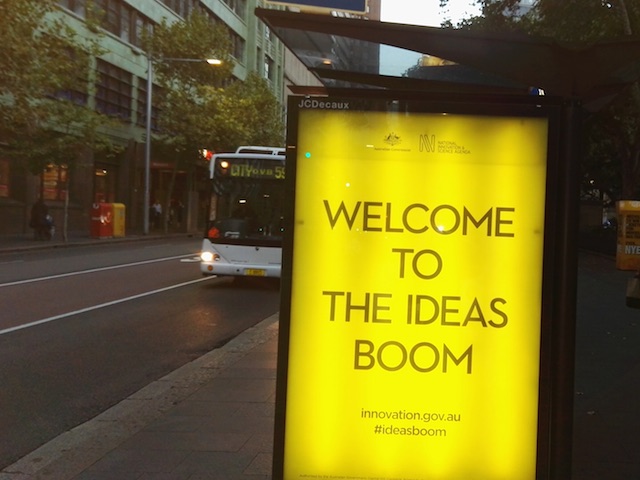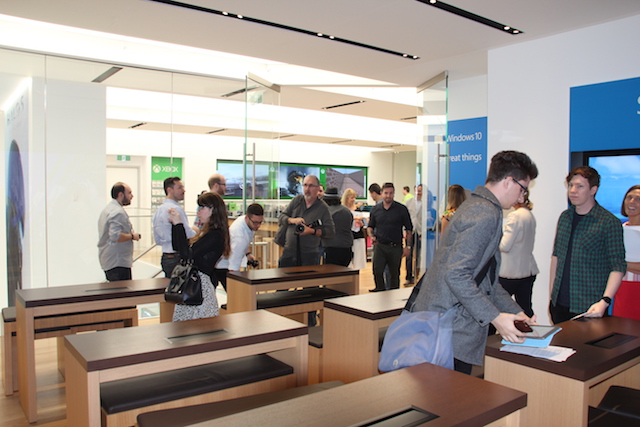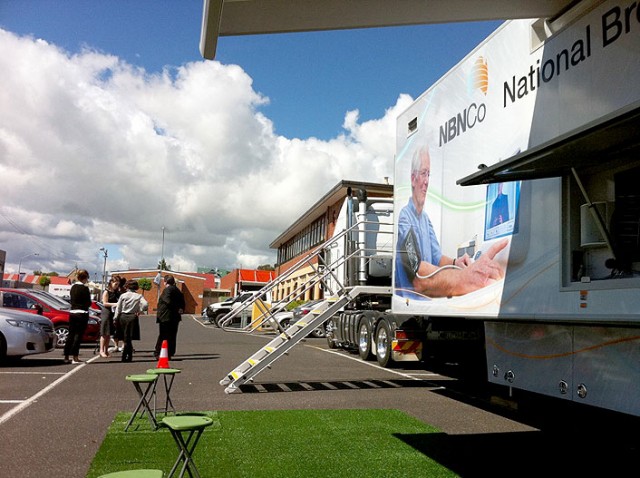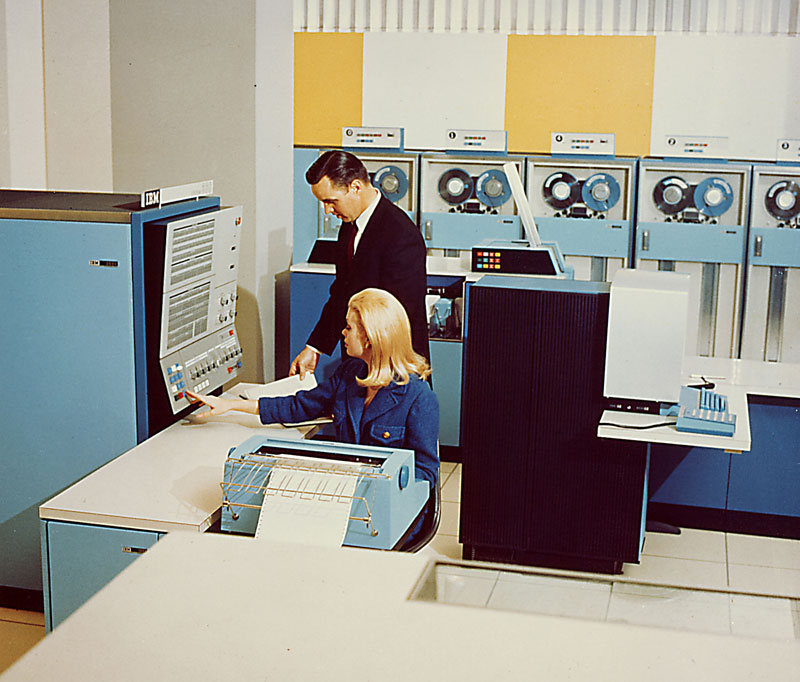One of the frustrations of being a technologist in Australia is how the media, and population in general, doesn’t pay much attention to technology stories beyond the latest shiny consumer device or quirky stories from the weird and wonderful internet.
So when one of the nation’s main political TV programs, Q and A, decides to do a program on the government’s Innovation Statement with a panel involved in the tech and startup sectors it’s a must watch.
As usual the Q and A format lets the viewer down with the panel suffering from having an unwieldy six guests of which two are major party politicians who tend to trivialise the discussion with party talking points. Regardless of the topic, the show usually ends up an unsatisfactory experience for anyone wanting to explore the evening’s issue.
Startup focus
In the case of last night’s panel the initial focus of the discussion reflected the startup obsession of most commentary around the Innovation Statement.
While encouraging Australians to start new businesses and take entrepreneurial risks is worthwhile, it’s concerning much of the thinking is based around the current Silicon Valley startup model which is based on easy access to venture capital and ruthless marketing.
Coupled with that is a surprising hostility towards the research community and education establishment, while there the panel featured no discussion of how little Australian corporations invest in research or development.
Lacking diversity
This little genuine research and development carried out by corporate Australia exacerbates the nation’s poor economic and business diversity. The effects of that are crushing for those studying in high tech fields.
One audience question came from a young woman, Elana Nerwich who is studying mechatronics. She correctly noted in Australia, it’s unlikely she will get a private sector job in that field and some of the panelists advised her to stick with it and build their own startup.
While admirable, that advice overlooks how high level workers can’t advance their skills in the Australian economy. This in turn results in more derivative taxi and pizza delivery apps rather than genuine innovations using cutting edge technologies being applied in the private sector, which are the real drivers of economic growth.
Concentrated economic power
Another issue for the Australian economy is how the nation’s economic power is concentrated in the inner parts of Sydney and Melbourne, something briefly flagged by panellist Holly Ransom. The startup obsession exacerbates that concentration of talent and business in the same way it does in San Francisco, if anything it illustrates the weaknesses of applying the Silicon Valley VC model to other societies.
Sadly a deeper discussion on how the Innovation Statement’s benefits can spread beyond the affluent parts of Sydney and Melbourne was beyond the scope or focus of the Q and A panel. That the challenges of regional Australia are restricted to the occasional token program in a country town illustrates both the limitations of Q and A format and the nation’s Sydney centric media.
The greatest take away from the Q and A innovation panel though was how Australians are dependent upon government. Almost all the discussion around how the nation becomes ‘innovative’ was around government policies and not on how does a nations of complacent conformists create a competitive 21st Century economy.
Explaining innovation
Which leads us to the biggest unanswered question from the Q and A show – what does ‘innovation’ really mean?
For the average viewer watching this program the conclusion would be ‘innovation’ is a meaningless string of buzzwords put together by a group of people lobbying for government support.
Those pleas for government funding illustrates the greatest weakness in the current Australian mindset, the nation’s real problem is the private sector’s reluctance to invest in new industries and technologies. Rather than throwing money at startup incubators, the most important thing the country’s politicians can do is reform taxation and corporate governance rules to encourage productive investment over property speculation and incumbent ticket clipping.
Sadly little of that was discussed on the Q and A program partly as a result of its clunky format.
Australia faces a great challenge in pivoting from a successful late Twentieth Century economy into one that’s competitive in the 21st, sadly the Q and A program format left us with nothing more than more buzzwords while failing to convey the opportunities for the nation.




